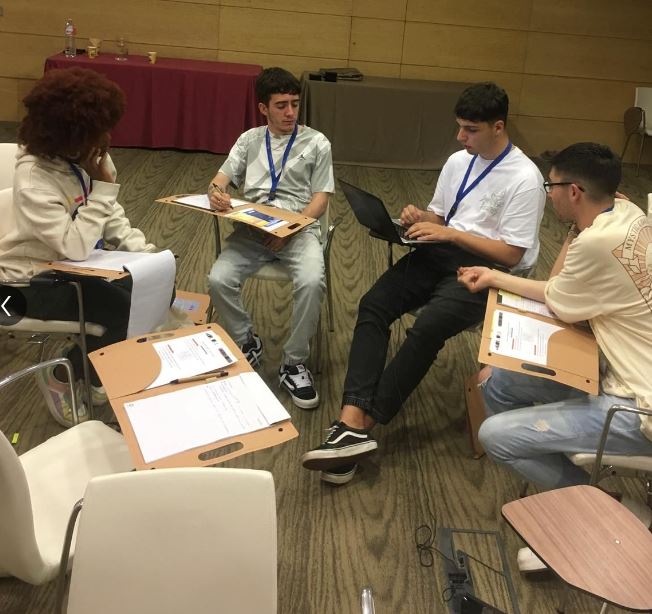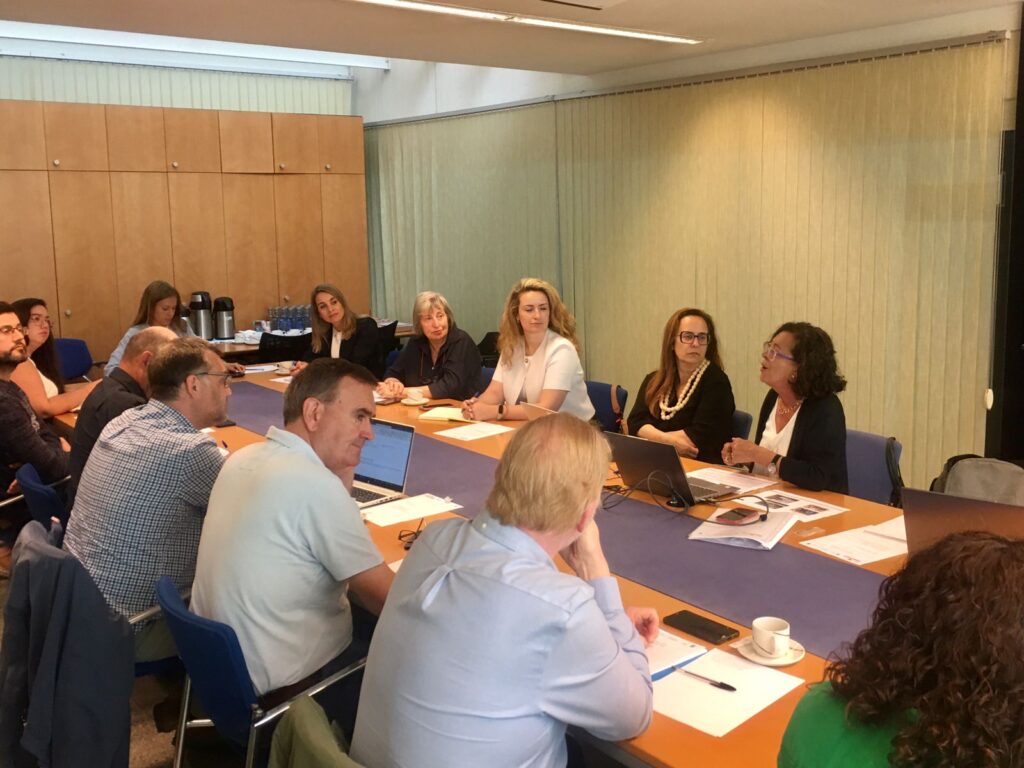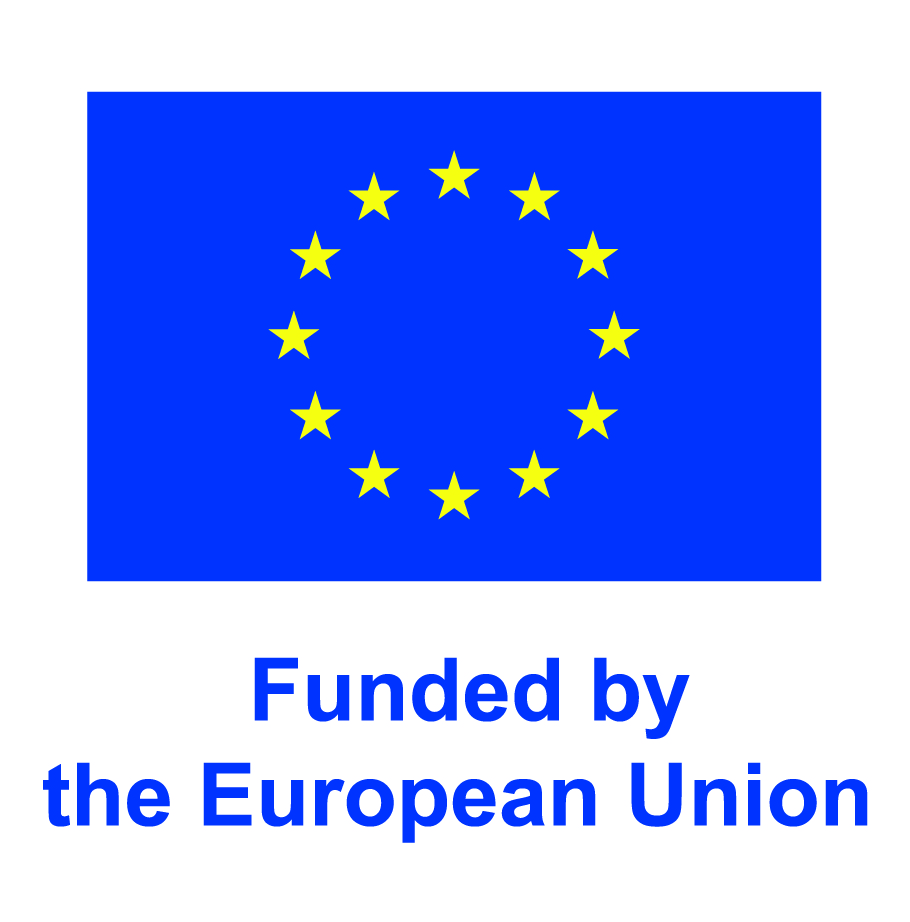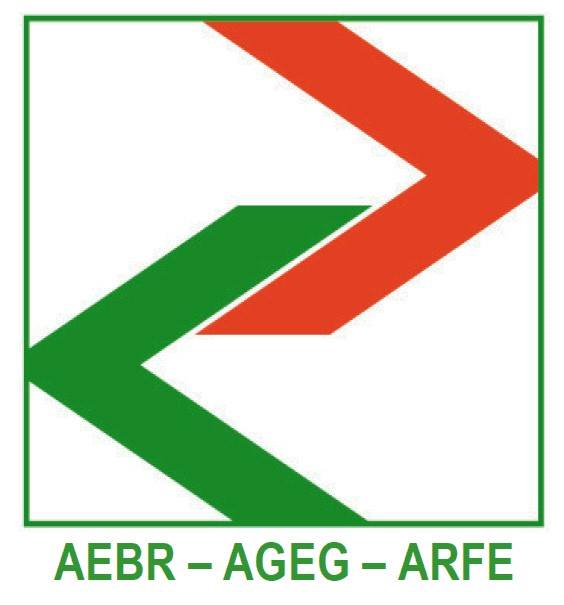Cohesion policy is the main investment policy of the European Union. It was created to alleviate the great territorial and demographic disparities in the European Union. Historically, the regional dimension was introduced in 1975 with the creation of the European Regional Development Fund (ERDF) and later in 1994 was created, in addition, the Cohesion Fund created especially to solve projects in member states whose economic conditions are lower than the EU average.
The cohesion policy currently has guidelines that cover issues present in all regions of the member countries with the aim not only to counteract the inequalities of the regions, but also to achieve greater competitiveness among them, taking into account values such as sustainable development and environmental protection.
The Interreg (European Territorial Cooperation) program, designed within the framework of the Cohesion Policy, aims to promote regional development through cooperation between European regions at different levels. Thus, Interreg is articulated around five cooperation axes: cross-border (Interreg A), transnational (Interreg B), interregional (Interreg C), ultraperipheral (Interreg D) and neighborhood (Interreg E).
In the Euro-region of Galicia and Northern Portugal, which is where I currently live, more specifically in the Galicia Europa Foundation, an institution in which I collaborate as an IVY volunteer, three INTERREG projects are being developed in the youth area, which I will explain below.

Eurocidade 2030
Is consolidated as a transversal cooperation project, as long as it is led and allows the realization of the corporate purpose of a European Groupings of Territorial Cooperation (EGTC) such as the Eurocidade Chaves-Verín. This EGTC is a group of cross-border municipalities with their own legal personality in Spain and Portugal and is responsible for jointly managing local competences with the aim of promoting the institutional, economic, social, cultural and environmental convergence of their entire territory.
The project also facilitated the advancement of the strategic plan of the Eurocidade 2030 urban agenda, the strengthening of its web pages, the elaboration of a study to enlarge the eurocidade or the strengthening of elements such as the cycle path, the thermal route or the smuggling route.
In short terms, EUROCIDADE_2020 was a cross-border cooperation project that facilitated dialogue between the different actors in the territory of the Eurocity, consolidating cooperation between them, improving the preparation of the Chaves-Verín Eurocity for future challenges.
The duration of the project is from January 2023 to December 2024.
More information in: https://eurocidadechavesverin.eu/pages/589
Incubtrans
The Galicia-North Portugal Euroregion Cross-Border Incubator (Incubtrans) project aims to create a cross-border business incubator for the Galicia-North Portugal Euroregion.
The aim of the project is to stimulate and support the sustainable creation of new companies, qualified employment and generate added value in the internal border territory of the Galicia-North Portugal Euroregion. In this way, it is intended to promote cooperation to maximize the use of the endogenous resources of the territory and the development of key initiatives and sectors.
How is this carried out? Through technology transfer that allows the development and implementation of new business models for SMEs, particularly in terms of internationalization, contributing to the empowerment of SMEs and the existing industry in accordance with the cross-border smart specialization strategies Galicia-North of Portugal. The duration of the project is from January 2023 to December 2026.
Rural Youth Future Project
The Rural Youth Future project (Enhancing the role of youth policies in sustainable rural development) aims to boost youth employment and to ensure quality jobs accessible to youth in rural areas.
The target audience of this project is youth living in rural areas and facing the problems of poor job quality, unemployment and the digital divide, issues that affect multiple regions in Spain and Europe. The project is interested in promoting sustainable rural development, facilitating the access of youth living in rural areas to new job opportunities.

From my experience in the months that I have been collaborating with the Galicia Europa Foundation, I have observed that all the projects that are in place seek to improve the development of the region.
More information: https://www.interregeurope.eu/ruralyouthfuture
In case of RuralYouthFuture they seek to incorporate knowledge and good practices that are developed and implemented in other countries to incorporate and apply them to benefit local Galician youth.
In the case of Eurocidade 2030 and Incubtrans it is about sharing and applying knowledge in wool of the regions (north of Portugal and Galicia) that are part of the project for the better development of industries and training of young people in the local area.
I emphasize again the relevance of the INTERREG program and what it represents in the development of projects that have a direct impact on citizenship, providing opportunities and improving communication between cross-border regions.
-Agustina Essain Diaz, IVY volunteer at Fundación Galicia Europa for the RuralYouthFuture project.


